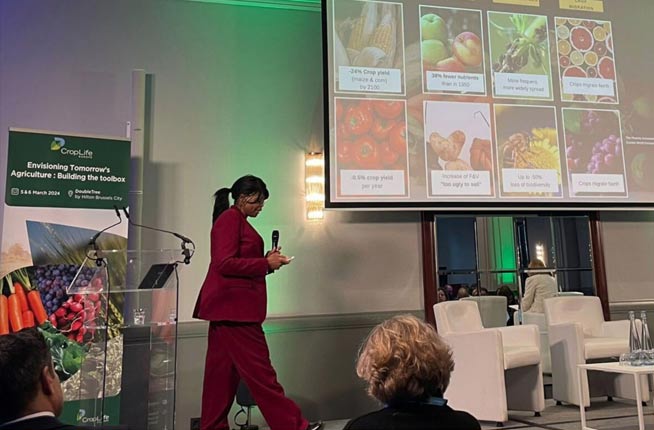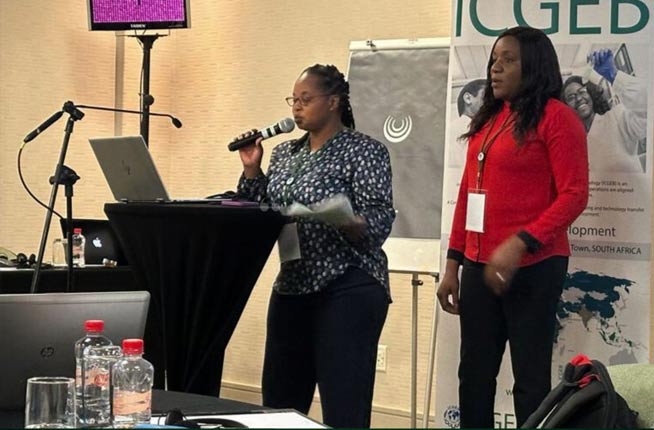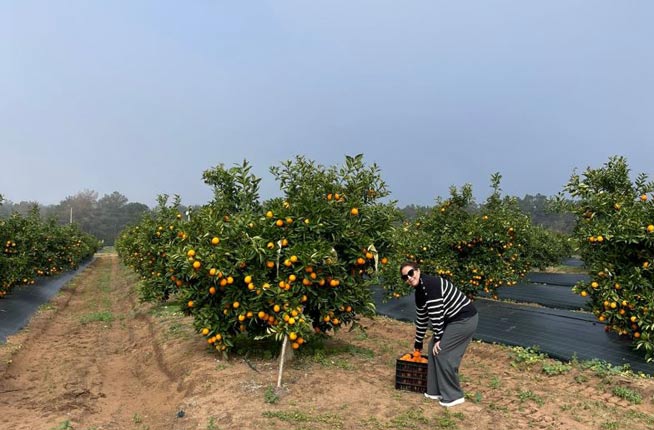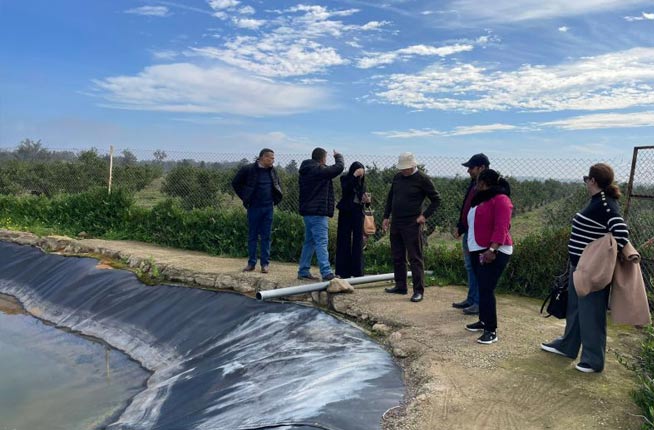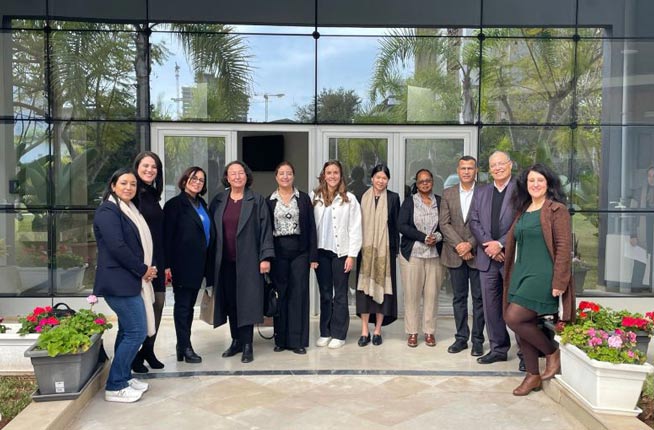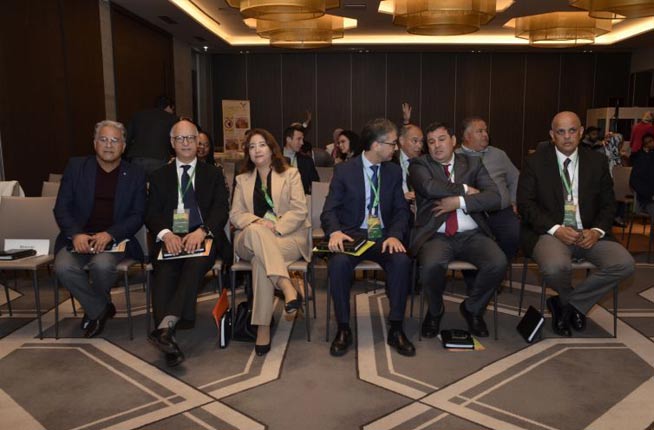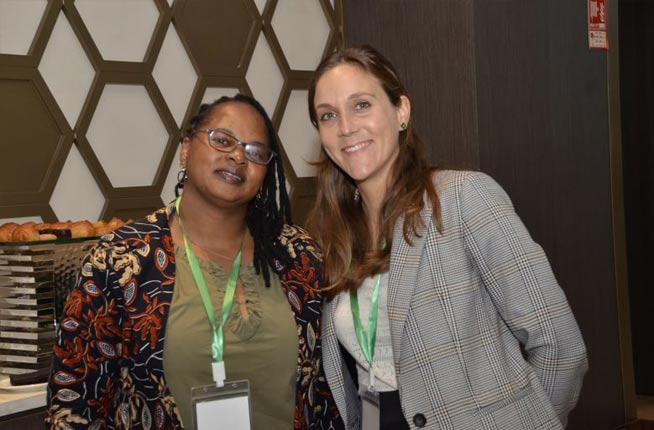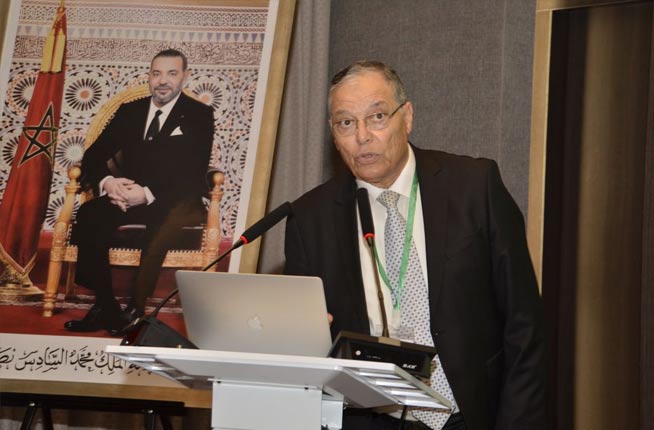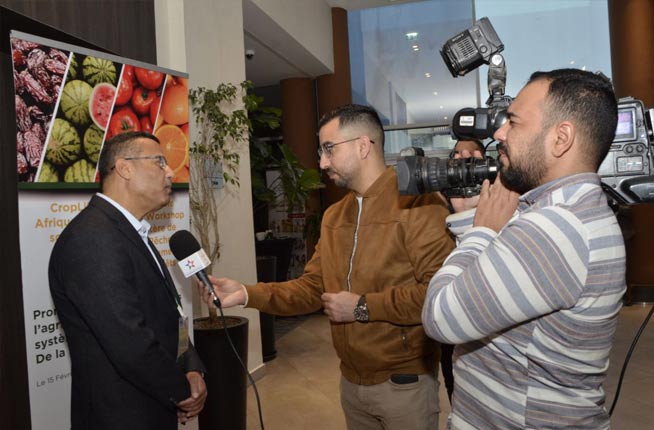This week, CropLife Africa Middle East Director Public Affairs & Communications, Margaux Rundstadler is attending CropLife Europe’s annual conference in Brussels. The 2 day conference under the banner of “Envisioning Tomorrow’s Agriculture: Building the Toolbox” will focus on sustainable agriculture as we look towards the future. Our primary challenge today is ensuring sustainable food production for a growing population while concurrently mitigating our carbon footprint. In order to ensure farmers have a toolbox that allows them to feed the world’s growing population, innovation is required. We must be at the forefront of innovation! Stay tuned to find out more on possible solutions that will allow us to create a resilient and sustainable landscape together!
Workshop on “Advancing Regulatory Harmonisation and Biopesticides’ Innovation in Africa”
CropLife AME (Africa Middle East) is proud to announce its collaboration with esteemed partners in organizing a groundbreaking workshop titled “Advancing Regulatory Harmonisation and Biopesticides’ Innovation in Africa.” This pivotal event, taking place in the vibrant city of Cape Town, South Africa, brings together industry experts, policymakers, and stakeholders to address the critical need for a harmonised regulatory framework that promotes the adoption of biopesticides across the African continent. For years, the plant science industry has been at the forefront of advocating for Integrated Pest Management (IPM) practices, recognising their vital role in sustainable agriculture. As a key component of IPM, biopesticides offer an eco-friendly and effective solution for pest control. However, the lack of a unified regulatory framework has hindered the widespread availability and use of these innovative products by African farmers. This workshop serves as a catalyst for change, fostering insightful discussions and collaborative efforts to develop a streamlined and harmonised approach to biopesticide regulation in Africa. By facilitating the registration and commercialisation of these products, we aim to empower farmers with access to a wider range of pest management tools, ultimately enhancing agricultural productivity and sustainability across the continent. CropLife AME remains committed to driving positive change in the agricultural landscape of Africa and beyond. Stay tuned for the outcome of this transformative week as we work together to shape a future where innovation and sustainability go hand in hand, benefiting farmers, consumers, and the environment alike.
CropLife AME met with the National Institute of Agricultural Research in Kénitra, Morocco, to discuss the use of digital solutions in agriculture and public-private cooperation
This week, CropLife colleagues met with the National Institute of Agricultural Research in Kénitra, Morocco, specialised in citrus research. The objective of the meeting was to discuss the use of digital solutions in agriculture and public-private cooperation Pushing innovation is a key pillar of the Sustainable Pesticide Management Framework, and enhancing public-private cooperation is also a core ambition of the SPMF!
CropLife AME team met with the Moroccan Anti-Poison and Pharmacovigilance Center to discuss farmers behaviours’ with regards to pesticides uses
This week, CropLife AME team met with the Moroccan Anti-Poison and Pharmacovigilance Center. The purpose of this meeting was notably to discuss farmers’ behaviours with regards to pesticides uses and to identify a strategy moving forward to ensure farmers adopt Good Agricultural Practices. The responsible and effective use of plant protection products is a key pillar of the Sustainable Pesticide Manage Framework launched in a Morocco end of 2022, aiming at protecting human health, preserving the environment while optimising agricultural productivity
CropLife AME and CropLife Morocco’s workshop on ‘Promoting the transition of Moroccan agriculture towards sustainable food systems: From theory to action’
Last week, CropLife Morocco and CropLife Africa Middle East organised a workshop on the topic of ‘Promoting the transition of Moroccan agriculture towards sustainable food systems: From theory to action’. In light of water stress, climate change, new pest pressures, and the rise of plant diseases in recent years, agriculture in Morocco is now dealing with multiple threats in 2024. The sector must tackle three challenges simultaneously: transitioning towards sustainable food systems, while reducing food insecurity, and remaining competitive in international markets. All these also with the ambition of achieving the goals of the Green Generation plan of the Kingdom of Morocco – which notably aims to increase agricultural productivity and create a middle class of farmers in Morocco. Achieving a balance between the economic, social, and environmental pillars of sustainability will be a key challenge for the future. Therefore, the objective of the workshop was to discuss such challenges but above all the opportunities. For this occasion, various actors across the food value chain, from producers-exporters to industry, as well as government representatives, regulatory authorities and research institutes, were gathered. It was noted that, to ensure a transition that leaves no one behind, it is necessary to implement a localised green transition adapted to the specific needs of Morocco, taking into account geographical, climatic, and economic aspects. Several key elements have been identified in this regard, such as:
In the afternoon of the workshop, the focus was on the Sustainable Pesticide Management Framework – launched by CropLife in Morocco end of 2022 – which illustrates CropLife’s ambition to protect human health, preserve the environment while optimising agricultural productivity, notably through research and innovation as well as increased cooperation between the public. By taking a localised approach, the SPMF therefore contributes to sustainable food systems, while contributing to food security and maintaining trade. Stay tuned for more about the SPMF in Morocco!

